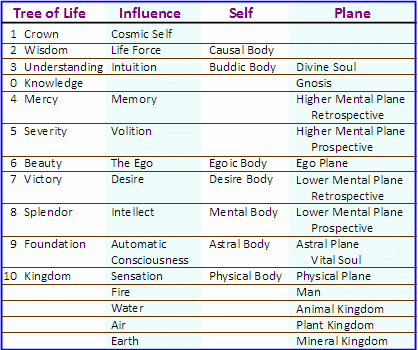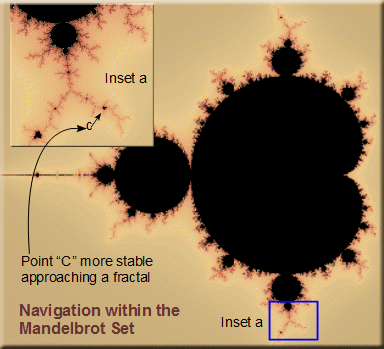Gee wrote: ↑March 24th, 2023, 6:53 pm
I believe that one sentence displays the crux of our communication problem because you see science as giving us knowledge, whereas information that does not come from science is dubious and actually unknowable.
...
I ask this because we will not be able to communicate well if we are talking past each other.
I've made the same point several times here (in this forum) recently, and I seem unable to find a comprehensible combination of words to describe it. Whatever I write, it seems, my point is missed. I'll try once again.
There are things that we believe to be possible, but otherwise wholly unknowable, such as (the possible existence of) an afterlife. We have no idea at all of how likely it is that there is an afterlife, and no way of obtaining that information. And yet we casually assert that "X is
exceedingly unlikely" when we have no way of knowing if it is likely or unlikely. We
quantify the unknowable in these assertions, and it is that act of unjustified and unjustifiable quantification, that claim to knowledge that we do not and cannot possess, that I comment on. We assert that the probability of being a brain-in-a-vat is "tiny" or "insignificant", when, for all we know, it is large and (thereby) highly significant.
When we come across novel ideas, especially those that are a bit different, we are subject to neophobic panic attacks. Our first response is often to dismiss it as unworthy of our attention, e.g. by asserting that it is 'vanishingly unlikely'. We seek to demean these ideas, so that we can dismiss them. But these assertions have no basis in logic or in reason. If we don't know, I think we should admit it clearly, and not pretend to knowledge that we don't and can't possess. That is my point.
Gee wrote: ↑March 24th, 2023, 6:53 pm
I believe that one sentence displays the crux of our communication problem because you see science as giving us knowledge, whereas information that does not come from science is dubious and actually unknowable.
We are certainly talking past one another here, as you observe. I see science as a valuable tool that has proven its worth. It investigates
apparent 'reality', and its results demonstrate its value. But it has limits too, as you are well aware, but many are not. For example, science is a poor and inappropriate tool for investigating the possibility of an afterlife. Science requires testable, repeatable, measurable, evidence, and there is none, so science cannot reach any useful or meaningful conclusions. How can/could it?
But this does not mean that information that does not come from science is "dubious and actually unknowable". In this topic, we know
before we start that the subject is unknowable. That is a 'given', and nothing to do with whether it came via science or divine inspiration. And anything we glean during our speculations is not so much "dubious" as
unjustifiable, due to its speculative nature and the lack of any evidence. The value of our speculations is not in our conclusions, for there are no
justifiable conclusions to be had. The value lies in the journey, the points raised in our discussions, that often prove useful elsewhere, once we have been exposed to them. Or whatever.
It is my opinion that information gained from sources other than science is probably
more valuable, as it is harder to obtain. Science treats the easy problems, the ones that come with plenty of evidence, along with repeatable and testable observations. The harder problems are left for philosophers, or they are dismissed without further consideration, and this dismissal often lacks
justification, I think.
Gee wrote: ↑March 24th, 2023, 6:53 pm
This is problematic for you because information is either science, or it has no limits. Anything becomes possible, if you can imagine it, then it is possible, maybe even probable -- insanity becomes sane.
This attitude is not one that I share. Any idea that we cannot show to be impossible remains a possibility, even if we can say no more about it than that. It is not the case, in my opinion, that anything is possible. Many things are impossible, and sometimes we are able to demonstrate that impossibility to our own satisfaction. In such cases, we dismiss the idea, because it is impossible. I.e. the justification for our dismissal is that it is impossible. This is a sound and reasonable justification, IMO.
But anything we cannot show to be impossible ... must be possible, yes? This applies until or unless new evidence comes to light. So, to use some of your words,
if you can imagine it, and you cannot show it to be impossible, then it is possible. But we cannot comment on its probability, because we have no idea what that probability is. Thus, insanity is held at bay, and sanity is retained..
Gee wrote: ↑March 24th, 2023, 6:53 pm
What exactly do you think that the "afterlife" is? How would you describe it?
Exactly? No idea. Inexactly, I think it is a possible successor to embodiment, a disembodied consciousness that continues differently from corporeal life. Is there much more to say?


















































